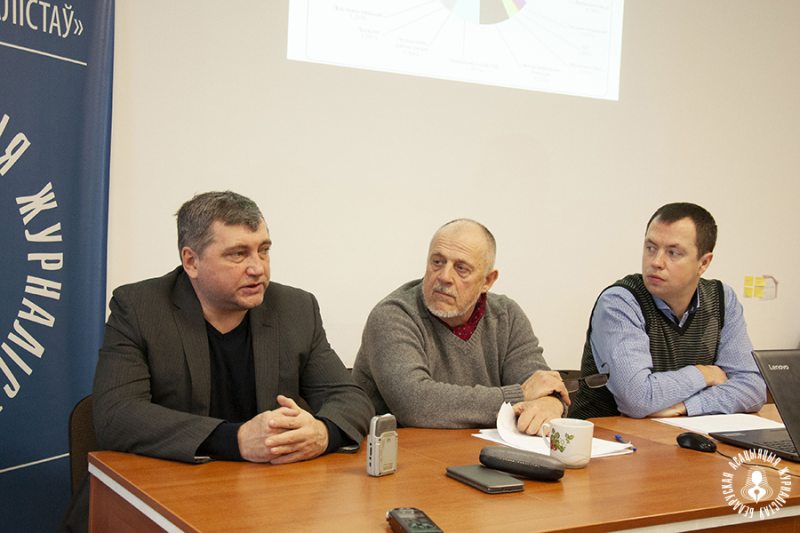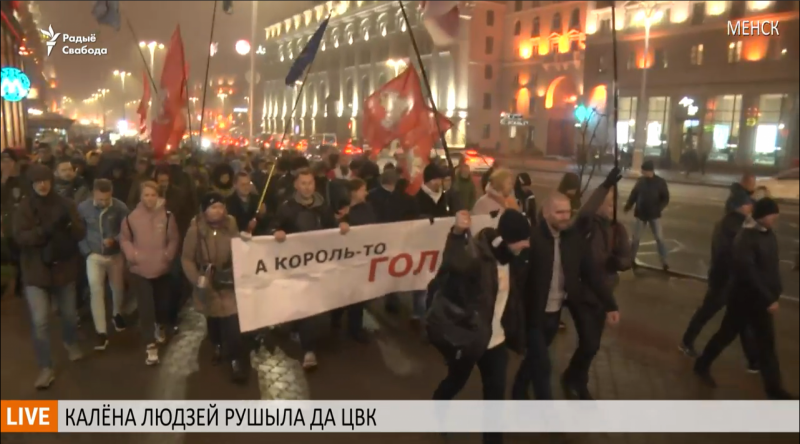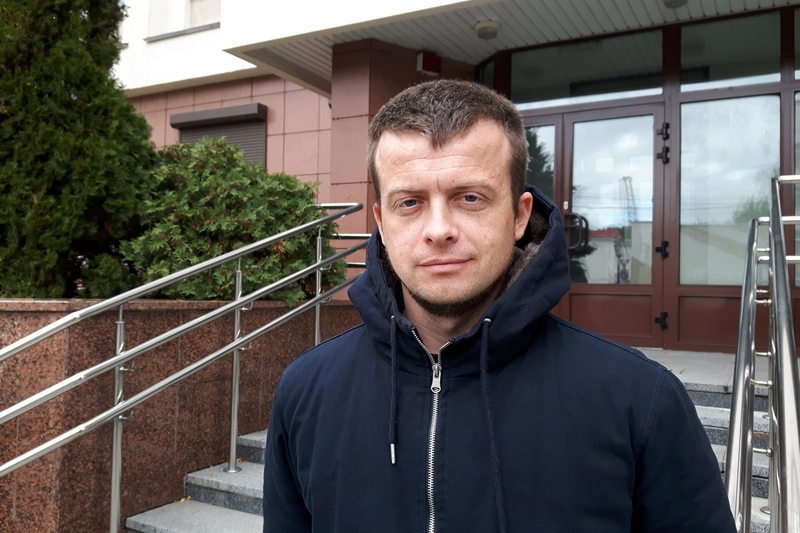Picks of the week
The parliamentary elections are over but its repercussions are still a menace for some of the people involved in the campaign.
At least six activists will stand trials in Minsk on charges of “illegal protesting” on November 16 when hundreds picketed outside the Central Election Commission building. Several parliamentary candidates burned their registration IDs to protest unequal campaigning conditions and the rigged vote.
Two people faced similar charges in Brest after they used election events to campaign against the construction of a car battery factory.
The environmental activists gave out leaflets at a picket staged by Palina Sharenda-Panasiuk, a candidate later deregistered over alleged flaws in her campaign speech.
The Belarusian Association of Journalists has criticized government-controlled media for failing to properly cover the elections.
“The elections as a political campaign were absent in the state media,” Ales Antsipenka, head of a BAJ media monitoring group, said.

- BAJ experts Andrei Bastunets, Ales Antsipenka, and Barys Haretski during the presentation of an election media coverage report. Photo: baj.by
The state-run media outlets mainly reported on the work of electoral commissions, the media watchdog said.
“The voters were one of the marginal subjects,” Mr. Antsipenka said. “With the start of early voting, state media simply exploded with information on elections, but it all was down to campaigning in favor of early voting. The voters were presented anonymously and collectively. There were very few live voices.”
Andrei Pavuk, a critical blogger in the town of Akciabrski, Homieĺ region, has lost a lawsuit against the district police department.
Pavuk requested 25,000 rubles in damages for the criminal charges he faced over an alleged fake bomb report in March 2019.
The blogger’s apartment was searched and the police took his video equipment. Pavuk also claims he was forced to leave his 5-year-old daughter alone after he was taken to the police station.
Andrei Pavuk was soon released but is still under a criminal investigation.
The country’s leading human rights organizations said in a statement in April that the charges were a “serious concern, as they may indicate a strengthening of control in the sphere of the Internet on the eve of elections.”



















